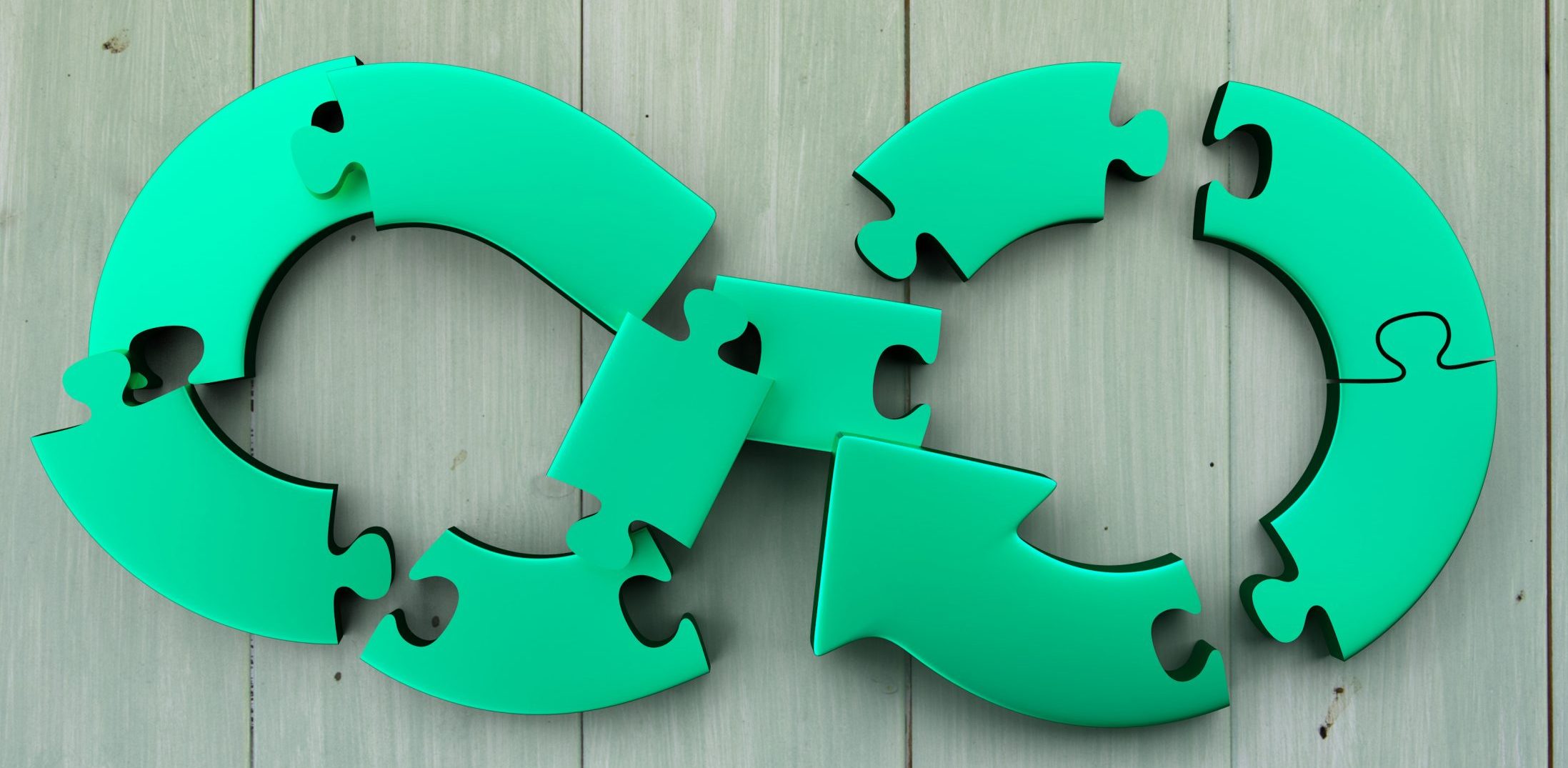
UBC under coordination of the Materials and Manufacturing Research Institute (MMRI), with support from the National Research Council of Canada Industrial Research Assistance Program (NRC IRAP), has launched a seed funding program to advance the Circular Economy in British Columbia (BC) through joint efforts by UBC researchers and small and medium sized enterprises (SMEs). The fund will support university-industry projects that aim at encouraging circularity over the life cycles of materials and products. This can be achieved by, for example, creating a new supply chain through joint material innovation/replacement, modifying designs/processes/services to extend the useful life of current products, and adopting new business models to reduce waste and improve energy saving and reuse. The outcomes of these short-term projects are deemed to facilitate long term collaborations between academic and industry partners through other sources, e.g., Mitacs, NSERC, etc., to invoke higher impact on developing the circular economy in BC and beyond.
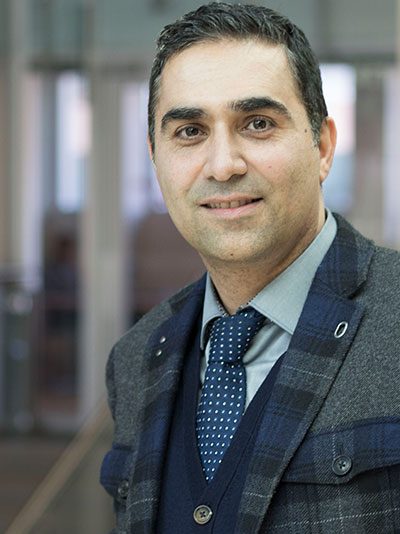


Professor, School of Engineering, Okanagan Campus
Director, MMRI
Professor, Mechanical Engineering, Point Grey Campus
Dean, Faculty of Applied Science
Professor, School of Engineering, Okanagan Campus
Associate Dean, Faculty of Applied Science


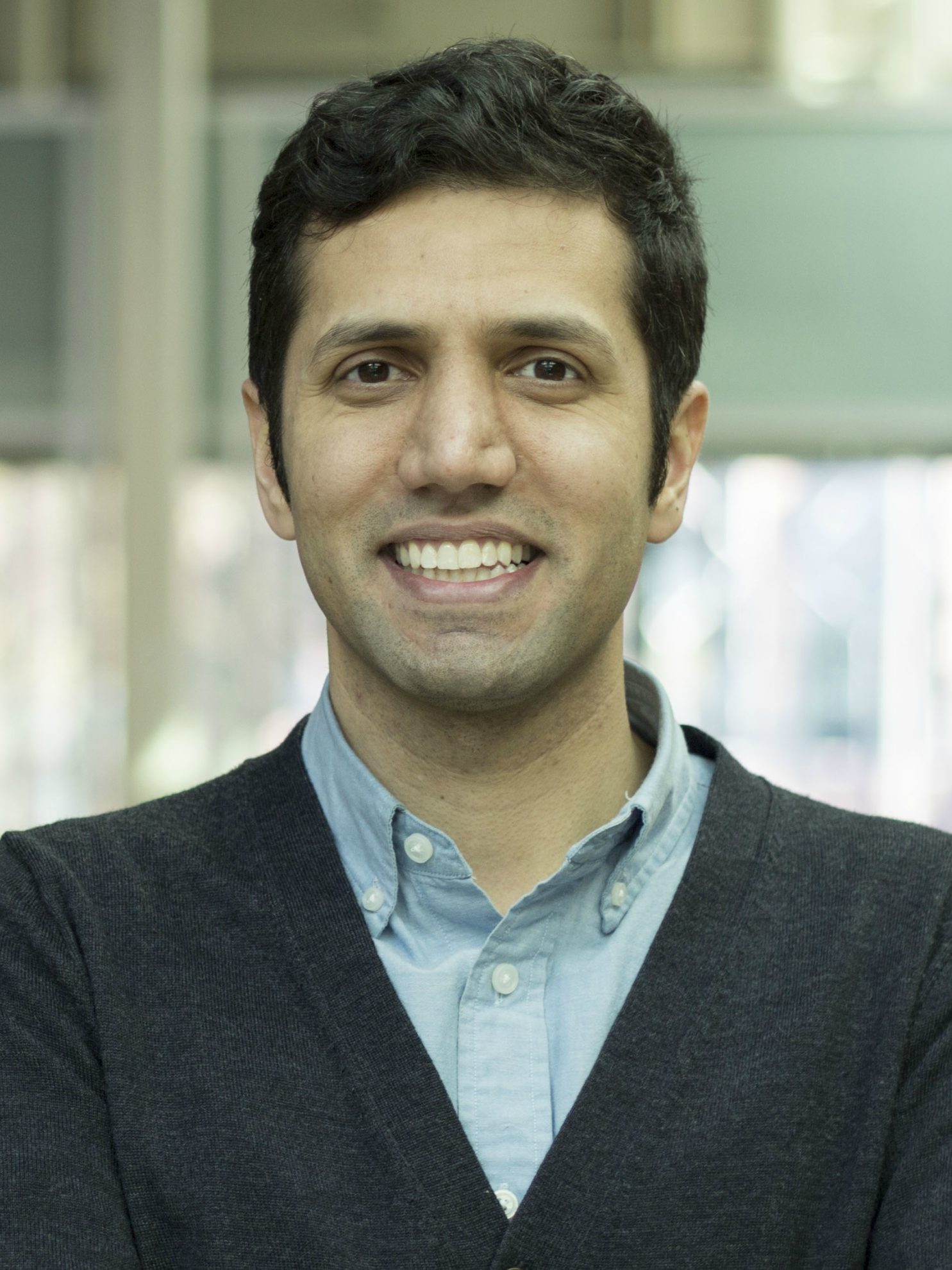
Director, Tri-University Partnership, UBCO VPR Office
Director, Industry Partnerships
Faculty of Applied Science
Research Engineer
MMRI
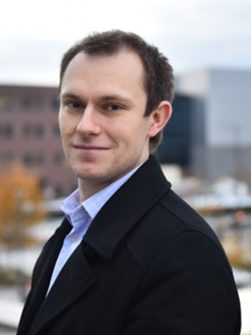
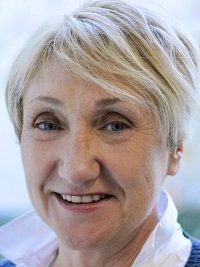

Research Engineer
MMRI
Assistant Professor, Urban Mining Engineering, Point Grey Campus
Associate Professor, Chemical and Biological Engineering, Point Grey Campus
The emerging circular economy around the globe is deemed to provide some answers to the great challenges facing humanity: world population is on pace to reach 9.4 billion by 2050; middle class population is expected to hit 4.9 billion by 2030; energy use and greenhouse gas emissions will rise by about 50%, and demand for water will be 40% higher than supply in the next 20 years. Moreover, the amount of raw materials, extracted by humans from the Earth, has tripled in the last four decades alone; a growth which is not sustainable. All these alarming challenges call for an economy that meets the needs of the people with less impact on the environment and more efficient use of natural resources. Transitioning from the current dominant linear economy (take-make-consume-discard) to the circular economy—which emphasizes the importance of turning end-of-life goods into resources or extending the service life of products through repair and refurbish—is becoming the necessity of our future.
Examples of services to SMEs in the realm of the circular economy. Given the diverse expertise and research facilities across UBC, the potential areas of support to SMEs through the current seed funding program are plentiful. A few example topics are listed here: How companies can close the loop with their products to reduce the waste they are sending to landfill? What circular business models is more suited to a given company? How reverse logistics can help companies transition to a circular enterprise? How companies can impact the consumption culture in support of the circular economy? How companies can keep products and materials in use for as long as possible to get the maximum value from them? How asset sharing can help regional companies to become more circular? How the products design can be modified to ensure less waste and more repairability/recyclability? How the needs of the companies to raw materials can be fulfilled through sustainable ways? How companies can benefit 3D printing technologies to streamline their prototyping process and reduce waste materials to make finished parts? How smart manufacturing and sensor integration in the production line can help the company improve its efficiency? How product quality and requirements can be fulfilled when fossil-based raw materials are replaced with sustainable and recycled materials?
Further information about the circular economy approaches can be found in the example links below:
• Re-thinking Progress: The Circular Economy (Video)
• The Circular Economy: New Relationship with Our Goods and Materials
• A Circular Economy for Plastics in Canada
• Circular Economy: The New Normal?
• Getting to a Circular Economy: A Primer for Canadian Policymakers
UBC faculty members from both Point Grey and Okanagan campuses in partnership with their BC industry partners are invited to submit their applications to this program. Involving university and industry collaborators from other regions of Canada and internationally are also highly encouraged.
• Deadline: Round 2 of proposal submission is now closed.
• Application review and funding decision will be made within about a week after submission.
• Due to limited funding, early proposal submission is highly encouraged.
• Faculty can apply to multiple projects, but each SME is limited to one project.
• Funding availability:
Stream 1: Maximum $5,000 per project when a sole SME partner is involved.
Stream 2: Maximum $10,000 per project when two or more SME partners are involved, e.g., for building a new value- or supply-chain relationship.
• All proposals to be eligible must clearly state:
-What is the current state of their product/process “waste” (e.g. does it go to the landfill or cause excessive energy use?)
-How the proposed technical solution will potentially reduce this material/energy waste through circular strategies? Without clearly explaining these criteria the application will not be considered within the scope of this program and should be rejected immediately due to ineligibility.
-What is the SME plan and capacity to use the result of this project in the long-run towards commercialization of the proposed technical solution?
• Program guideline (Latest revision: Feb 21, 2020)
• Application form
Please direct any inquiries to:
Mahdi Takaffoli, MMRI Research Engineer
mahdi.takaffoli@ubc.ca
Phone: (250) 807-9108
Funded Projects
Repurposing Petroleum Coke Waste from Alberta Oilsands for Supercapacitor Technology
Antifouling Membranes for Ammonia Recovery from Liquid Waste Streams
Wood-Chip Based Infill Wall System
Ammonia Recovery from Anaerobically Treated Food Waste
Improved Oxygen Barrier in Compostable Bioplastics
Fabrication of Solar Units from Waste Plastics
Sustainable Approach for Utilizing Textile Waste as Reinforcement in Wood Ash Treated Soil
Recyclable Protective Stents for Head and Neck Cancer Radiation Therapy
Rubber Devulcanization: Potentials towards Circular Economy in Rubber Industry
Development of Electrically Semi-Conductive and Conductive Nanocomposites from Polyvinyl Chloride Waste
Vancouver, BC & Native Shoes, Vancouver, BC
Biochar Desiccant Sachets: Repurposing Waste to Create a Compostable, Carbon-Negative Solution
Comox, BC & Core Landscape Products
Courtenay
Compostability of Building Materials
Utilization of Recycled Polyols, Derived from PET, in Green Polyurethanes
Sustainable Alternatives for Boat Hull Materials
Innovative Waste-to-Energy Technology for Co-Composting Wood Waste Biomass and Food Waste into a Valuable Soil Resource
Improving Electrical and Mechanical Properties of Biodegradable Polymers
Developing Lignin Nanofiber Mats from Poplar Wood for Manufacturing of Compostable Disposable Surgical Masks and Respirators
Improving the Manufacturing of Sustainable Wool Dryer Balls through Automation, Sensor Integration and Analytics
Lignin-Derived Porous Carbon for All-Solid-State Lithium-Tellurium Batteries
Initiative supported in part by the National Research Council of Canada Industrial Research Assistance Program (NRC IRAP):

